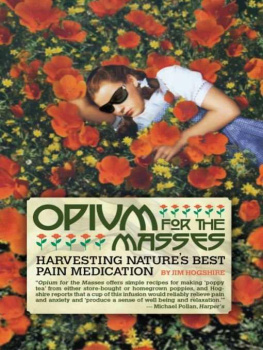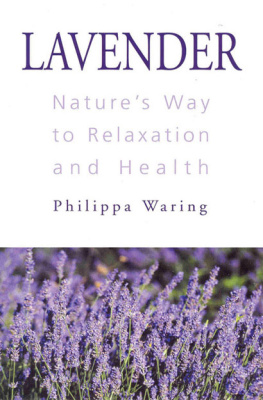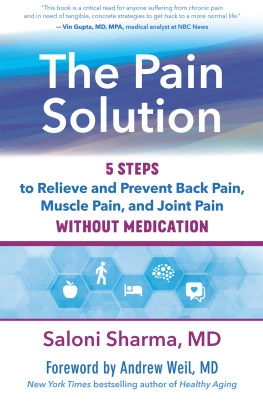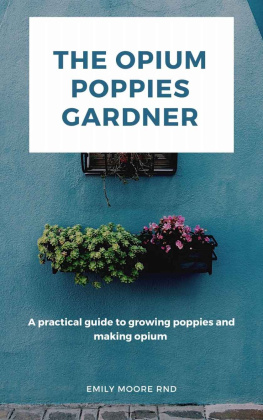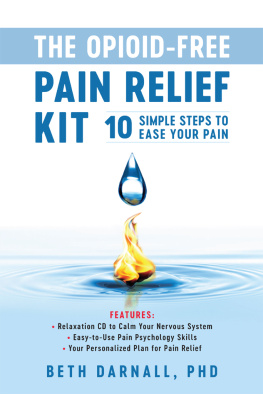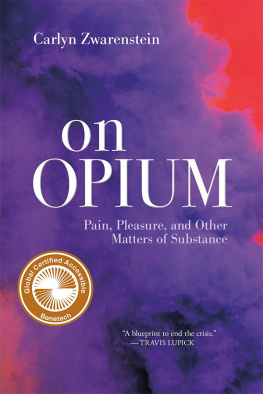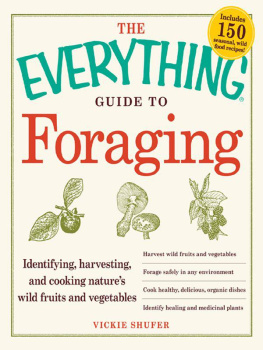Table of Contents
CHAPTER 1
ROMANTIC POETS AND DOPE FIENDS
Everything one does in life, even love, occurs in an express train racing toward death. To smoke opium is to get out of the train while it is still moving. It is to concern oneself with something other than life or death.
Jean Cocteau, Opium
JUST THE SOUND OF ITS NAME, OPIUM , EVOKES AN EXOTIC, seductive feeling. Gorgeous dreams and a quiet undertone of fear. Milk of Paradise, Plant of Joy, Destroyer of Grief: these are opiums poetic nicknames.
Homer wrote of the drug in The Iliad and The Odyssey three thousand years ago. Since then, writers have praised opium for its seemingly divine properties. Victorian writers, particularly, are famous for their love of opium. Poets sought to describe the feeling opium gave them with otherworldly imagery. One writer said opium felt like walking through silk. Opium devotees have an unashamed and tender passion for their drug.
Who was the man who invented laudanum? wrote a nineteenth-century British author for the opiated drink. I thank him from the bottom of my heart...
I have had six delicious hours of oblivion; I have woken up with my mind composed ... and all through the modest little bottle of drops which I see on my bedroom chimneypiece at this moment. Drops, you are darling! If I love nothing else, I love you!
ROMEO AND JULIET PALE BESIDE SUCH ROMANCE
FALLING IN LOVE WITH OPIUM IS EASY. OPIUM ALWAYS DELIVERS ON ITS promise. Smoked, eaten or drunk, opium never fails to banish fatigue and pain, to stimulate the mind and liberate the user from nervousness or worry. Another British gentleman of the nineteenth-century said opium felt something like a gentle and constant orgasm! It gave him the same feeling he experienced at the end of a successful day and made the most mechanical tasks seem interesting. Such a drug is sure to have its fans.
Americas appetite for opium grew steadily throughout the nineteenth and twentieth centuries. In 1914 a San Francisco newspaperman described his first encounter with the drug in an opium den in Chinatown. Although he had previously shunned the stuff as a drug of the yellow hordes, he at last relented and breathed a huge lungful of opium smoke.
In sixty seconds I was another man, he wrote. My barren brain... leaped to its task. The ideas, the phrases, the right words, which, until then, had eluded my fagged mentality, came trooping forth faster than I could have written them had I been at my desk. My worries and responsibilities fell from me...
A half hour later I wrote a column of dramatic criticism that was quoted on the billboards and I reeled it off as fast as my fingers could hit the typewriter keys. I was never at a loss for a word. The story in its entirety seemed to lie ready in my brain. My task finished, I went to bed without my customary drink, and dropped asleep as peacefully as a child... I slept soundly and awoke refreshed and clear-minded with a zest for the days labor.
Opiums ability to banish sadness, relieve pain, and energize the soul borders on the miraculous. Opium can release the most wretched from lifes worst agonies. A nineteenth-century physician, Horace Day, mentions opium when describing the ghastly post-Civil War American countryside. Amid all that suffering, this plant sap could offer refuge to displaced, half-dead people:
Maimed and shattered survivors from a hundred battlefields, diseased and disabled soldiers released from hostile prisons, anguished and hopeless wives and mothers, made so by the slaughter of those who were dearest to them, have found, many of them, temporary relief from their sufferings in opium.
A love affair with opium cannot be taken lightly. The same poppy that can take its lovers to the gates of paradise has the power to send its slaves to a hell on earth, should they ever try to leave her.
Today the word yen means a kind of longing or desire. But its originfrom the Chinese yenyen describes something more desperate: the torture of opium withdrawal. To yen for opium is to feel an intense lack of everythingof sanity, soul, and bodybut mostly of opium.
Yen conjures up the image of a contorted, sweat-soaked figure writhing on rumpled bedsheets. Addicts kicking opium have described feeling as if their nerves were afirea thousand needles popping through the skin. The body becomes a bloodless slab of pain.
Sleep is plagued with baroque nightmares and wakefulness feels worse. Muscles contract, so arms and legs jerk and kick without warning. This last feature of the yen has given us the expression kicking. Worse, there is a definite and palpable emotional aspect of the suffering. Just as its presence is so often equated with being in love, its absence creates a void in the heart of the withdrawing user that is similar to a broken heart.
Its like having the worst case of the flu, says a friend of mine, and getting brutally dumped by your girlfriend at the same time.
THE OPIUM PIPE SMOKER BY JEAN COCTEAU.
OPIUM ADDICTION: AN HONEST DISCLAIMER
It is not I who become addicted, it is my body.
Jean Cocteau, Opium
If an addict who has been completely cured starts smoking again he no longer experiences the discomfort of his first addiction. There exists, therefore, outside alkaloids and habit, a sense for opium, an intangible habit which lives on, despite the recasting of the organism... The dead drug leaves a ghost behind. At certain hours it haunts the house.
Jean Cocteau, Opium
PHYSICAL DEPENDENCE ON OPIUM IS A VIRTUAL CERTAINTY WITH PROLONGED and sustained use. There may be a psychological dependence to opium but that bears no relationship to the drug per se and has more to do with a users personality than anything else. The chances of psychological addiction to opium are no greater than with alcohol or marijuana.
Psychological problems are beyond the scope of this book. You know if youve got a problemwith shopping, compulsive lying, or substance abuse. This book is about opium and its children, so its physical addiction must be addressedbut addiction has become a term so freighted with social and political connotations that it is almost irresponsible to use the term in a book like this. Physical dependence will be the result of opium use sooner or later, but it doesnt necessarily develop quickly, nor must it last forever.
Opium withdrawal hurts, but the pain (including the intense, broken-hearted feeling of loss) will end within a week to ten days. Thats how long the body needs to get shocked back into producing the chemicals replaced with constant opium use. Those are indeed hard days for the kicking addict but it is no worse than a nasty and prolonged flu. And like the flu, once the pain goes, its over. The user feels no more physical craving for the drug.








